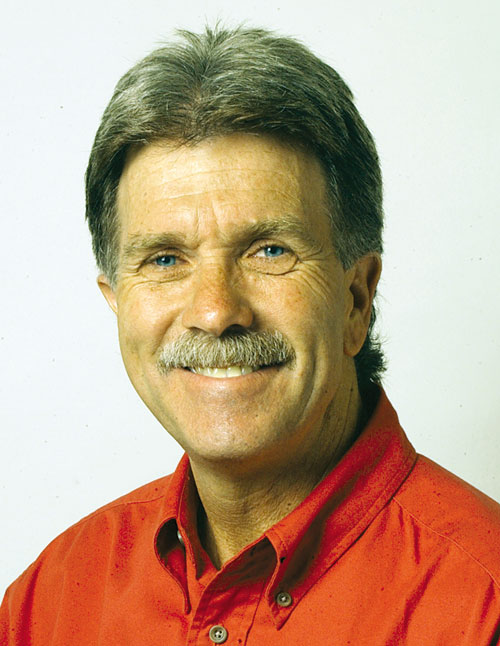Getting Out: When the discussion turns to mining in California,
peoples’ thoughts naturally go to the Sierra foothills and the gold
rush that brought people here from around the world. But the most
productive mine in California history was not a gold mine. It was
the New Almaden Quicksilver Mine south of San Jose.
When the discussion turns to mining in California, peoples’ thoughts naturally go to the Sierra foothills and the gold rush that brought people here from around the world. But the most productive mine in California history was not a gold mine. It was the New Almaden Quicksilver Mine south of San Jose.
Beginning in the 1840s and for the next 135 years, Cinnabar ore was mined from Capitancillos Ridge, the main feature of this 4,000-acre park. Mercury (also known as quicksilver) was processed from the ore that was, in turn, used to extract gold from its ore. At the height of mining activities, 1,800 miners and their families swarmed these hills in several settlements that comprised 700 buildings.
Little evidence remains of the hubbub that stirred these hills long ago, but this site beneath Loma Prieta and Mount Umunhum is a fabulous setting for equestrians, hikers and bikers to explore miles of open space.
A year ago, I wrote about a great hike on Wood Trail into the Sierra Azul Open Space Preserve. Getting to that trailhead took me past the community of New Almaden, past Almaden Reservoir, all the way to where Mount Umunhum Road meets Hicks Road. I was surprised to see at this intersection another entrance to the back side of Almaden Quicksilver Park.
The Hicks/Wood Road entrance has a few things going for it that lured me back. Being the least accessible entrance, it held out the promise of a quieter park visit. Best of all, this parking lot is nearly 1,000 feet higher than the main Hacienda entrance in New Almaden. If you have hiked Almaden County Park from the Hacienda entrance, you know that it is a 1,000-foot climb to the level of most trails that wander Capitancillos Ridge.
Sure enough, the trail out of the Hicks/Wood Road parking lot rolls pleasantly along the crest of Jacques Ridge through a forest of coast live oaks and bay trees climbing gently toward its intersection with Capitancillos Ridge. Santa Clara County and the Midpeninsula Regional Open Space District in 1994 jointly purchased the 907-acre Jacques Ridge, which provides a connection between the park and the Sierra Azul Open Space Preserve.
In the cool shade along the Wood Road Trail, still-fresh wildflowers kept me company along the way. On my right, gaps in the forest revealed great views up the flank of Loma Prieta and Mount Umunhum. Soon, I emerged from the forest into open grassland and a clear view up ahead to the Rotary Furnace, the largest structure remaining from the mining days. At the furnace, your route options begin.
This park always frustrates me a little, because, while I really come for the natural scenery, I am also intrigued by the mining and human history here. The trouble is that almost all evidence of it has been removed. The school, churches, English Camp and Spanish Town have been completely erased. Only Italian cypress trees, Lombardy poplars and spreading Vinca ground cover — survivors from long forgotten gardens — hint at the bustling domestic past here.
The trail past Spanish Town to Hidalgo Cemetery was littered with mariposa lilies along the way. At the cemetery site, little remained. Underneath the Italian cypress trees, a decrepit picket fence surrounded an area with no markers to identify the forgotten folks resting here.
My route followed the Castillero Trail and the Mine Hill Trail on a fairly level loop around the crest of the ridge. It was a lovely walk through cool forests, chaparral and open grassland that grew warm by late morning.
Go early before the heat and the late risers. No water is available at the Hicks/Wood Road entrance. Dogs are permitted on a leash.










